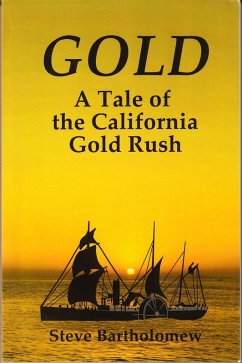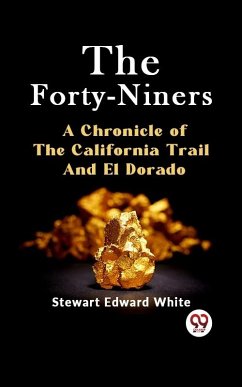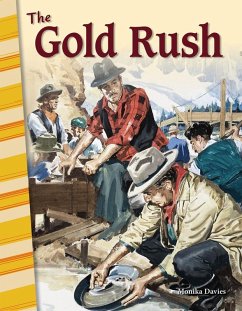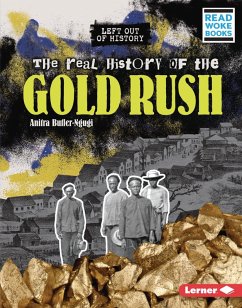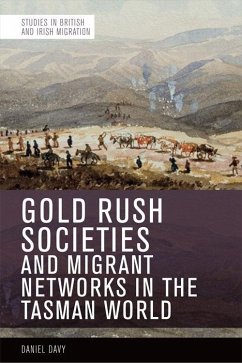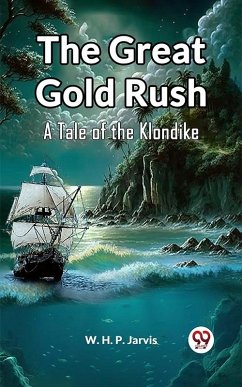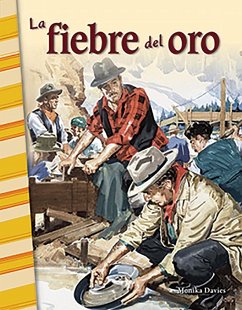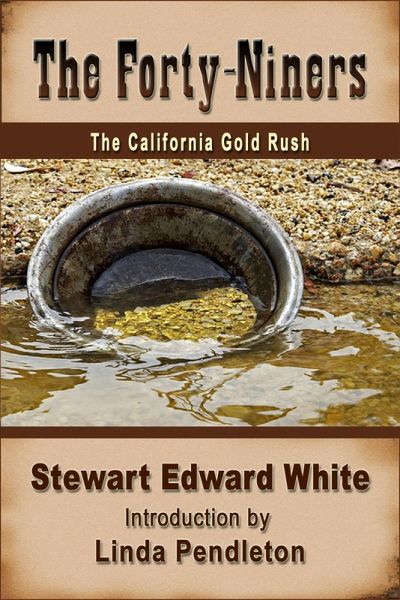
Forty-niners: The California Gold Rush (eBook, ePUB)

PAYBACK Punkte
2 °P sammeln!
The Forty-niners: The discovery of gold in January, 1848 at Sutter's Mill in Coloma, California, by James Marshall was the beginning of the California gold rush. It took some time for the news of the first discoveries to spread and then to be believed as credible. Gold had been found in small quantities several years before, and only the actual sight of the metal in considerable weight could excite men's imaginations and dreams of riches and adventure. By 1849 the westward migration was in full swing. Men were coming from the East coast, from the Midwest, and even from foreign countries to fin...
The Forty-niners: The discovery of gold in January, 1848 at Sutter's Mill in Coloma, California, by James Marshall was the beginning of the California gold rush. It took some time for the news of the first discoveries to spread and then to be believed as credible. Gold had been found in small quantities several years before, and only the actual sight of the metal in considerable weight could excite men's imaginations and dreams of riches and adventure. By 1849 the westward migration was in full swing. Men were coming from the East coast, from the Midwest, and even from foreign countries to find their fortune within the gold fields and mountain streams of Northern California. In this fascinating chronicle of the California gold rush written in 1918, popular fiction and nonfiction American writer, Steward Edward White gives us an historical view of those early days of the mid-19th century, and the many challenges of the formation of a new frontier: incoming population, law and order issues, greed and power, political differences, successes and failures. White shows how quickly San Francisco grew from a population of a few hundred into a center for commerce, wealth and politics. He writes of the Spanish days of early California, the 1846 Mexican War, and follows the movement of the Mormon population on its trail westward, and the challenge to create a civilized and law-abiding society. In Linda Pendleton's new Introduction we learn who Stewart Edward White was and the legacy he left of his many fiction and nonfiction books following his death in 1946. An explorer, conservationist, naturalist, and big game hunter, his love for nature, conservation, and adventure were to become very much a part of his literary works over his long literary career. Several of his nonfiction works are classics in the exploration of the paranormal and communication from the spirit world. He wrote with passion, whether about the adventures beyond the veil or about adventures in nature and the earthly frontier.
Dieser Download kann aus rechtlichen Gründen nur mit Rechnungsadresse in A, B, BG, CY, CZ, D, DK, EW, E, FIN, F, GR, HR, H, IRL, I, LT, L, LR, M, NL, PL, P, R, S, SLO, SK ausgeliefert werden.




